3 Biggest Diminished Value Denials: How The Insurance Company Is Lying To You
The vast majority of insurance adjusters have had no formal training in valuation appraisals.
The unfortunate fact of the matter is that insurance adjusters work for an insurance company and are forced to work within the policies of the company they work for.
Unfortunately, insurance companies train employees and adjusters to deny diminished value claims, even if the evidence is overwhelming.
It is such a rampant practice that they even provide adjusters with several arguments to use and most companies provide form letters that make silly arguments about why they won’t pay for diminished value.
Here are the three most common arguments carriers use against diminished value and the breakdown of why they are not valid defenses to inherent lost market value claims.
Arguments Against Inherent Diminished Value
1. We don’t owe for that.
By far the most common tactic is to simply lie and tell accident victims that they don’t legally owe for diminished value in their state.
If this happens to you, ask the person telling you that for their law license number and for them to provide you with the citation to the legal authority they are relying on.
Then ask them to put that exact statement in writing and email it to you immediately. If they cannot do any of those things, ask for the claims manager and their adjuster license number so you can make a complaint.
The fact is that diminished value is part of negligence damages in all states.
2. You have to sell the vehicle first.
What a joke.
This argument is the equivalent of saying “It has no value until it is sold”. Of course, this is not true. In fact, in a negligence suit, the jury is almost always charged with (asked to) determining the difference in value immediately before, and immediately after the negligence act (crash).
It is easy to estimate damages and amend them with actual costs during repair, AND it is just as simple to figure out how much value the vehicle will lose based on the extent of damages.
It’s called an appraisal, and the vehicle doesn’t need to be sold.
If a vehicle has to be sold in order to determine the value, then how does a carrier ever settle a total loss claim where the vehicle cannot be sold in it’s pre-accident condition?
This is a silly argument that I can’t believe carriers still attempt to use.
3. It’s just an opinion.
Carriers routinely attempt to argue that a formal appraisal from an expert is “just an opinion”, and then they attempt to formulate their own opinion using an employee.
Again, this is a silly approach, but common.
I admit there are experts who provide simple opinions, but a certified appraisal is just that, an APPRAISAL not an opinion.
An appraisal must be developed and reported in a strict method and must be certified as done in such a manner. The rules of evidence in all states require that evidence presented by an expert be developed and based upon a known and credible method.
For appraisals, there is only one known method that has been peer reviewed and accepted by any authority of any weight (US Congress).
When my office provides an appraisal, it is most definitely NOT an opinion. My opinion is what I give in open court in support of my appraisals.
Have more diminished value questions? Need an appraisal?
Ask for help! Just fill out the form below and send us your damage estimate so we can give you all the details you will need to make an informed decision about going after your diminished value.

